- Details
- Category: Senator Cristina Castro News
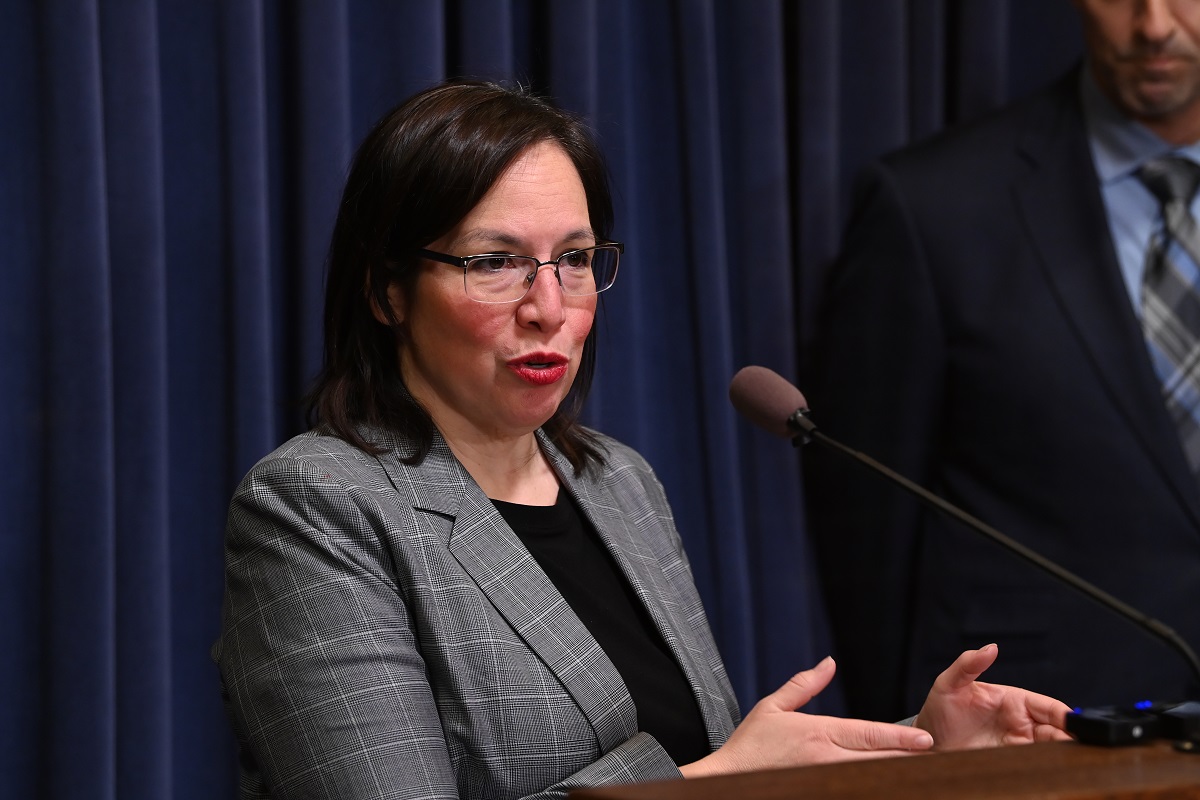
SPRINGFIELD — Joined by realtors and advocates at a press conference Thursday, State Senator Cristina Castro outlined legislation she’s sponsoring to incentivize saving for a first home.
“I keep hearing from young people who are starting their professional careers, and a lot of them don’t feel like homeownership is attainable,” said Castro (D-Elgin). “This bill will help them prepare for that, and it will help make owning a home attainable.”
Years of low housing inventory have created an inflationary effect on the housing market in Illinois, driving home prices up by nearly 40% in the last five years. Ballooning prices mean that new homebuyers have to put down more of their savings for down payments, further driving up the burden of buying a home. To address this imbalance, Castro is leading a proposal to help consumers save responsibly and create a pathway to homeownership.
Read more: Castro highlights proposal creating pathway to homeownership for first-time buyers
- Details
- Category: Senator Cristina Castro News
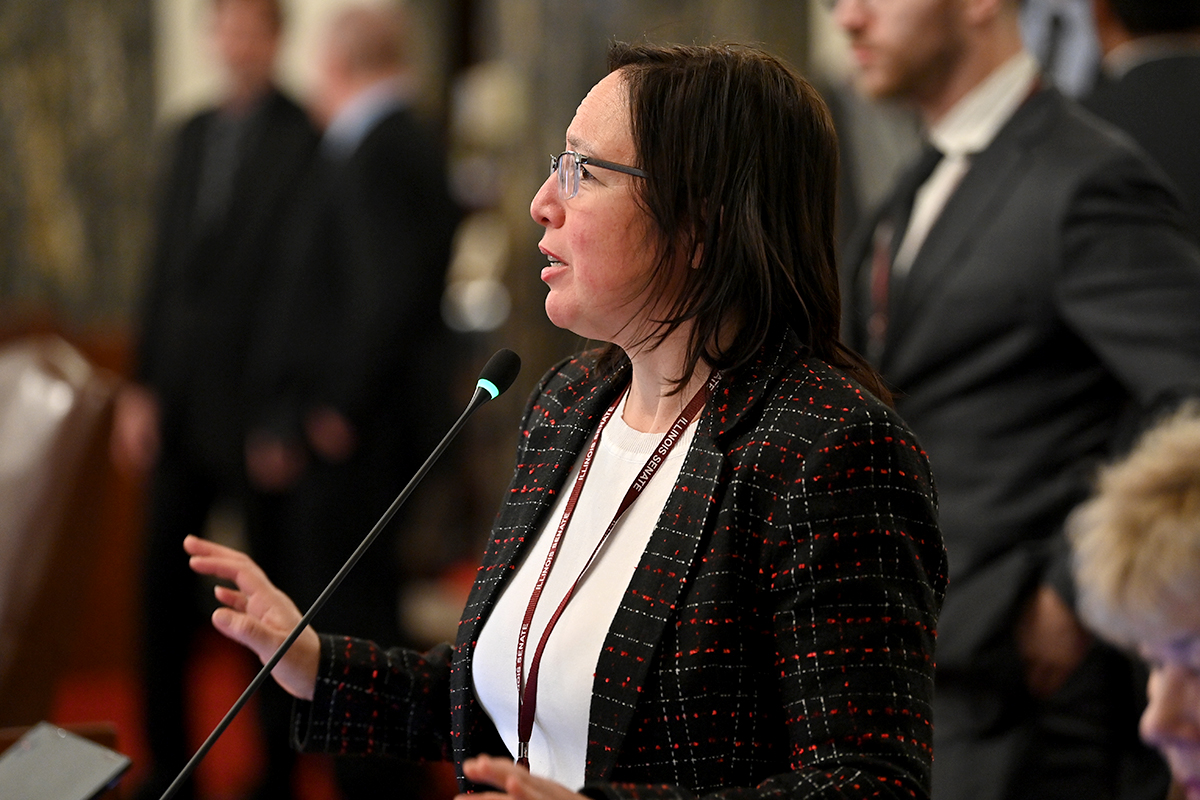
SPRINGFIELD — Firefighting is an inherently dangerous, vitally important profession. Nearly every firefighter knows someone who has died or been seriously injured in the line of duty, yet the state does not currently track Illinois firefighter deaths, leading State Senator Cristina Castro to introduce a plan to change that.
“These brave men and women risk their lives every day to keep our communities safe,” said Castro (D-Elgin). “As we learn more about the unique risks firefighters face, such as an elevated threat of lung cancer and the potential dangers associated with firefighting foam, it is imperative we seek answers.”
Over the past 20 years, nearly 2,000 firefighters have died in the line of duty, according to the U.S. Fire Administration. In addition to injuries and deaths that occur in the line of duty, firefighters are at a higher risk of cancer and other illnesses – highlighting the need for state-level data to guide interventions that protect their health and safety.
Read more: Castro fights for transparency in firefighter death records
- Details
- Category: Senator Cristina Castro News
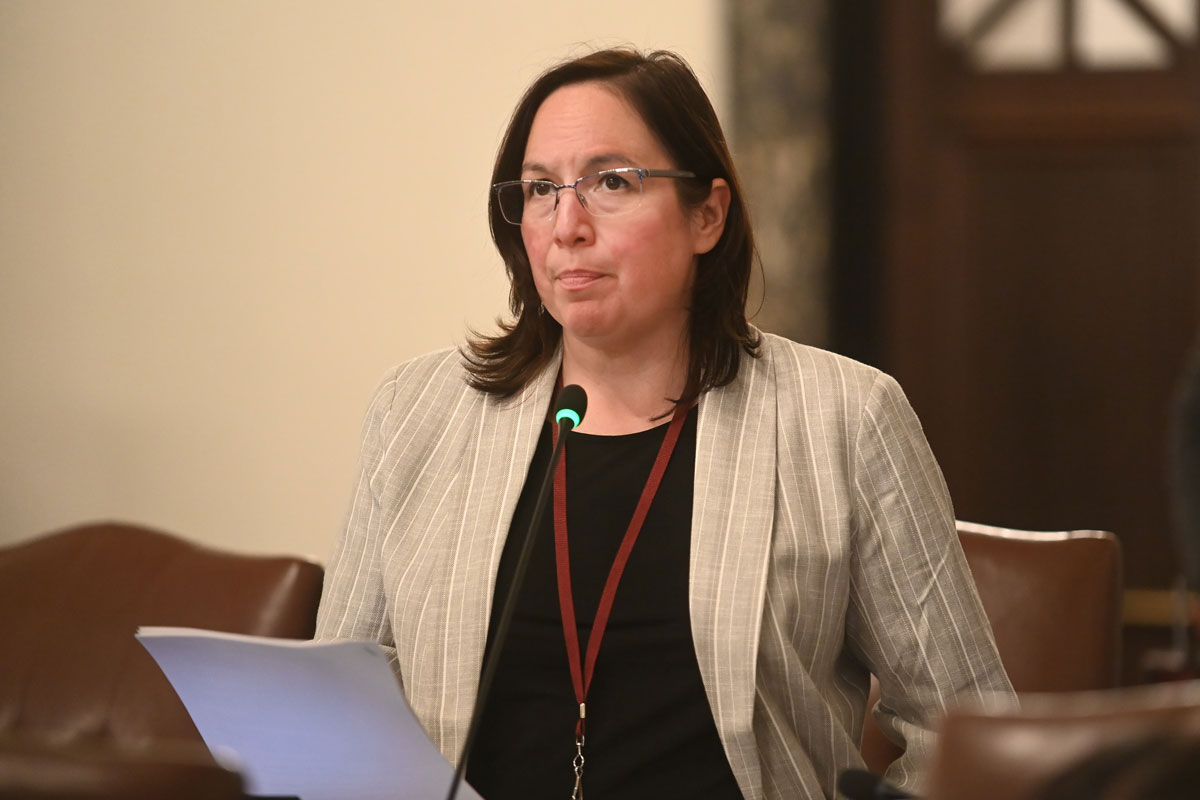 SPRINGFIELD — During the early January legislative session, State Senator Cristina Castro continued her work standing up on behalf of workers and passing a measure to prohibit retaliation against employees who exercise their rights in the workplace.
SPRINGFIELD — During the early January legislative session, State Senator Cristina Castro continued her work standing up on behalf of workers and passing a measure to prohibit retaliation against employees who exercise their rights in the workplace.
“No one deserves to have their livelihood taken away because they attempted to exercise their rights in the workplace,” said Castro (D-Elgin). “These changes will enhance enforcement of our labor laws, safeguarding workers’ rights to break and rest periods in a reasonable working environment.”
Read more: Castro continues protecting Illinois workers from retaliation
- Details
- Category: Senator Cristina Castro News
 PALATINE – State Senator Cristina Castro recently celebrated Harper College as they officially broke ground on the new Canning Student Center, which will provide a wide array of essential services for students.
PALATINE – State Senator Cristina Castro recently celebrated Harper College as they officially broke ground on the new Canning Student Center, which will provide a wide array of essential services for students.
“Harper College is an integral institution on the pathway to success for undergraduate and continuing education students in this region of Illinois. I have long been advocating for the construction of a student center here, and I’m truly thankful that we’ve reached this important date,” said Castro (D – Elgin). “Investments like this not only enhance the educational environment, but also serve as an important recruitment tool to grow the student body.”
- Details
- Category: Senator Cristina Castro News
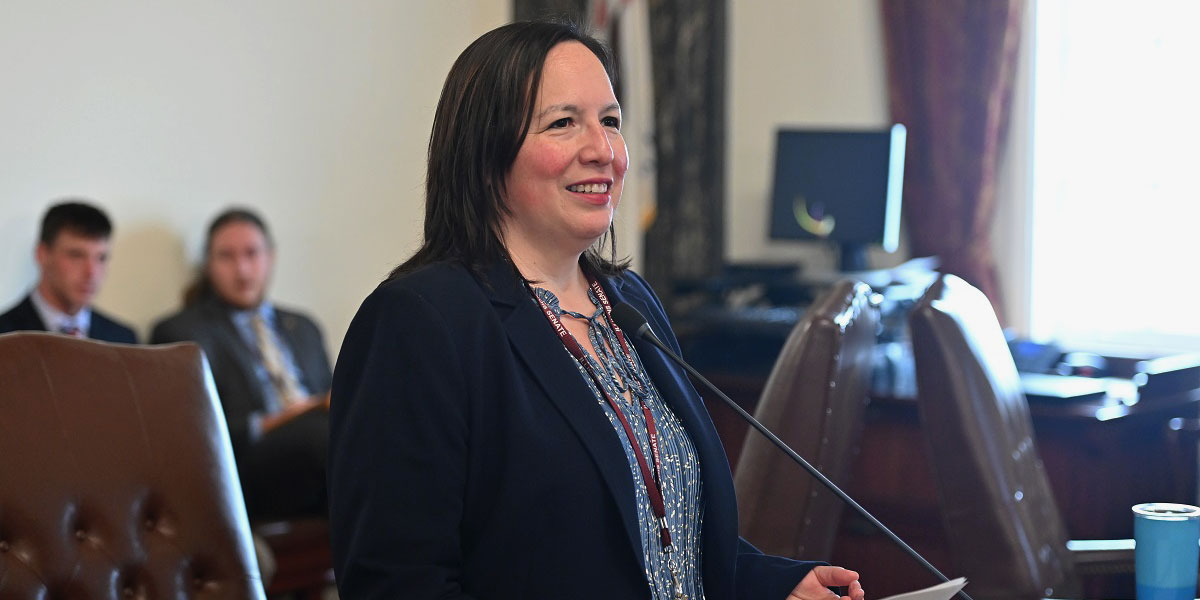 SPRINGFIELD — A landmark plan spearheaded by State Senator Cristina Castro and State Representative Theresa Mah to begin phasing out the federal subminimum wage for Illinoisans with disabilities is one step closer to becoming law.
SPRINGFIELD — A landmark plan spearheaded by State Senator Cristina Castro and State Representative Theresa Mah to begin phasing out the federal subminimum wage for Illinoisans with disabilities is one step closer to becoming law.
“I’ve heard from friends, family and constituents about the pain they have to live with knowing their son or daughter is doing manual labor in a shop for eight hours a day only to come home with pennies on the dollar in their paycheck,” said Castro (D-Elgin). “This legislation is personal to me and a critical step in upholding the rights and dignity of all workers in our state.”
Read more: Castro, Mah bring fair pay to workers with disabilities
- Details
- Category: Senator Cristina Castro News
 SPRINGFIELD — To uplift the vital economic contributions the arts industry provides to Illinois and the Northwest Suburbs, State Senator Cristina Castro helped lead an initiative through the Senate to support this industry and others.
SPRINGFIELD — To uplift the vital economic contributions the arts industry provides to Illinois and the Northwest Suburbs, State Senator Cristina Castro helped lead an initiative through the Senate to support this industry and others.
“Illinois’ creative and performing arts industries employ nearly 200,000 Illinoisans,” said Castro (D-Elgin). “With more flexible rules in place, well-paying job opportunities and a diverse pool of talent, we can expect to see continuing success in the growth of the arts across our state.”
The Illinois Live Theater Production Tax Credit Program provides theaters with a transferable tax credit, offering an incentive to hire locally by covering a percentage of Illinois labor and in-state talent costs.
Read more: Castro-supported measure to prioritize jobs, promote performing arts
- Details
- Category: Senator Cristina Castro News
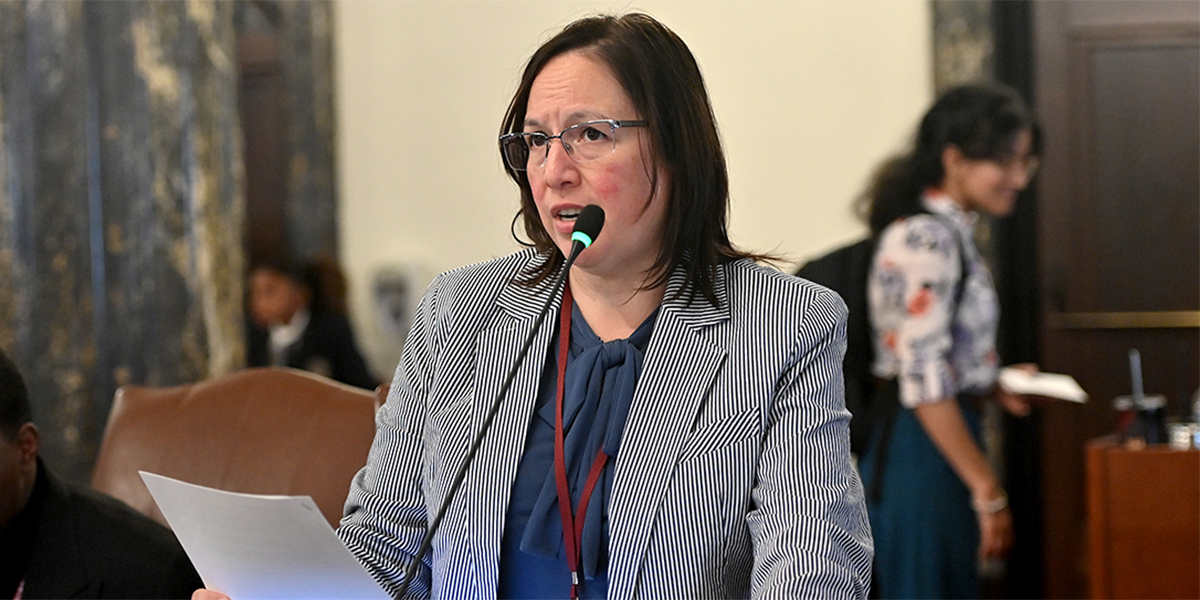
Reproductive care and treatment remain legal, protected and accessible in Illinois
SPRINGFIELD — Standing strong on the issue of safeguarding women’s health, State Senator Cristina Castro championed the effort to expand access to fertility treatments like in vitro fertilization through a measure signed into law Friday.
“Infertility affects millions of Americans, leaving thousands of hopeful parents in Illinois and across the United States unable to have a child on their own,” said Castro (D-Elgin). “The possibility of starting a family through advanced treatments like IVF represents hope for so many of these individuals – and this law takes steps to protect and expand access for the thousands who rely on it.”
To address cost barriers that limit access to treatments like IVF for families across the state, the new law requires every group health insurance policy to cover the diagnosis and treatment of infertility starting Jan. 1, 2026. It also adds coverage for an annual menopause health visit for those age 45 and older.
Read more: Insurance coverage for IVF expanded under new Castro law
- Details
- Category: Senator Cristina Castro News
 SPRINGFIELD – A longtime advocate for extending state procurement opportunities to minorities, women, veterans and people with disabilities, State Senator Cristina Castro is leading a measure to improve diversity, clear up bureaucratic issues and modernize the state’s contracting process.
SPRINGFIELD – A longtime advocate for extending state procurement opportunities to minorities, women, veterans and people with disabilities, State Senator Cristina Castro is leading a measure to improve diversity, clear up bureaucratic issues and modernize the state’s contracting process.
“Companies with roots in our communities should not face challenges to doing business with the state – especially as we undertake historic infrastructure projects across Illinois,” said Castro (D-Elgin). “These changes will help build capacity and facilitate a streamlined commerce process in our state.”
To eliminate long-standing obstacles and increase diversity in state contracting, the package includes provisions to modernize the procurement process, improve transparency, encourage responsible competition and safeguard taxpayer dollars in infrastructure projects.
Read more: To boost Illinois businesses, Castro leads measure to modernize procurement process
More Articles …
Page 2 of 22













 © 2026 Illinois Senate Democratic Caucus
© 2026 Illinois Senate Democratic Caucus